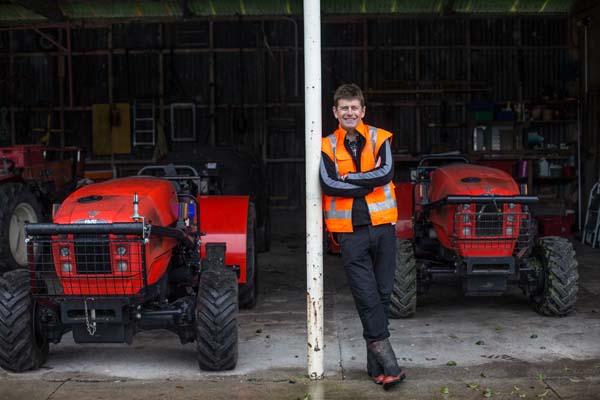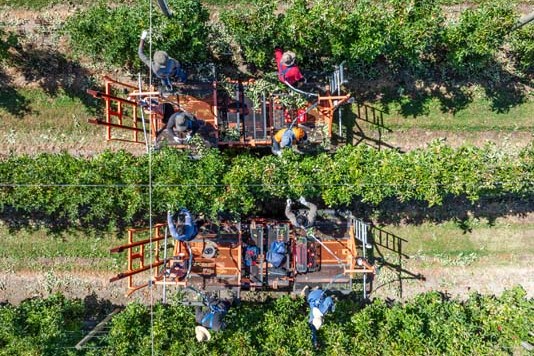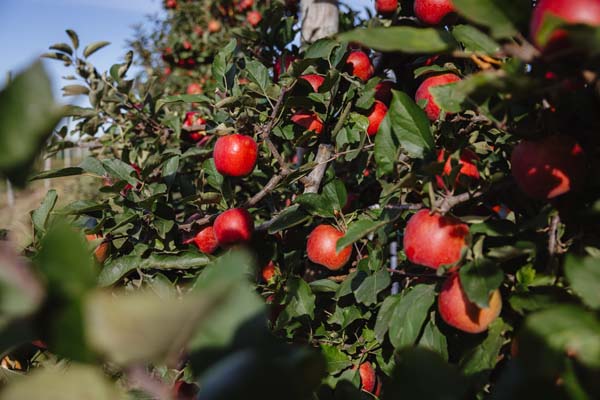By Anne Lee
The dairy sector in New Zealand isn’t alone in its struggle to find people or the rising cost of labour in the business. No8HR director and principal consultant Lee Astridge says globally there’s a re-valuing of labour-intensive roles.
“There’s the thought that the increase in wages we are seeing is all about paying the price for our borders being shut but that’s only part of it.”
There’s a world-wide shift in how labour is valued – especially in the labour-intensive roles played within essential services.
Lee says within the NZ dairy sector the increase in wages being felt varies regionally, depending on the availability of people, with the range from about 5%, in areas where labour is less tight, to about 9% in areas where it’s hard to find staff.
While it’s an added cost to the farm budget, farmers recognise that living costs for staff have risen rapidly too with higher fuel and food costs hitting hard for rural communities. There are tough aspects to dairying that farmers just can’t change – such as working in all weathers and having the busiest time of the season during the coldest times of the year.
But to attract and recruit people from a limited labour pool farmers could turn their focus to the things they can change within their business.
“Because there are some things we just can’t change about the nature of our workplaces, we have to be really good at all the other things, whilst also challenging our thinking on the way we do our work.”
Investing in technology that creates a better work-life for team members could be money well spent if it creates efficiency and productivity gains that are used to take some pressure off the team’s workload.
“It can also help lighten the load of responsibility people feel in terms of animal welfare, for instance.
“I think we underestimate that. People in our farm teams carry a lot of responsibility on their shoulders and technology that supports them, eases the mind a bit – it can give them a level of psychological support and make them feel less vulnerable.
“Technology that helps mitigate the risk of them making a mistake reduces the pressure they feel.”
Investing in systems or technologies that help your people shouldn’t be seen as people costing you more money.
“Invariably good investments in your people are good investments for your whole business.”
Other farm system changes such as milking frequency can make a farm more attractive.
Typically the things that will attract people to the farm will also help retain them and they’re not necessarily wages.
Working hours, technologies to support work load, the farm’s assets and infrastructure, accommodation and good team leadership are all things farmers can look at that can keep people from moving on – either from their business or from the industry.
“We want to stop the attrition rates we see in the sector without setting up a major inflationary wages situation.”
People must be paid well and fairly and the re-set of wage levels is what we’d expect, she says.
But what we don’t want is a situation where farmers are competing for people on wages to the extent they’re pushing those costs up and up.
A number of people working on dairy farms are close to gaining residency and there’s a big risk a proportion of them will leave the sector once that happens.
The challenge and opportunity will be in convincing them to stay.
The fact a house comes with a farm job is a significant factor for many and ensuring it is quality accommodation is important. Creating a great team environment onfarm will also go a long way towards improving retention.
Lee’s top tips
for creating a great team environment:
“Keep them close – take a genuine interest in your people. You don’t have to live in their pocket or do performance reviews every six months, just genuinely get to know them and take an interest in their world and what’s important or of interest to them.
“Extend that to include their whanau and create an environment that’s supportive of their whole family.
“Ask yourself what’s one thing I could change to help create a great team environment.”
Saying thanks, making time to talk to them as individuals, finding out what they want and need, setting realistic expectations and acknowledging when a job’s been well done can all go a long way.
Resources and tools are widely available, both from DairyNZ and rural professionals, to help farming businesses and leaders improve workplace environments and create great teams.





